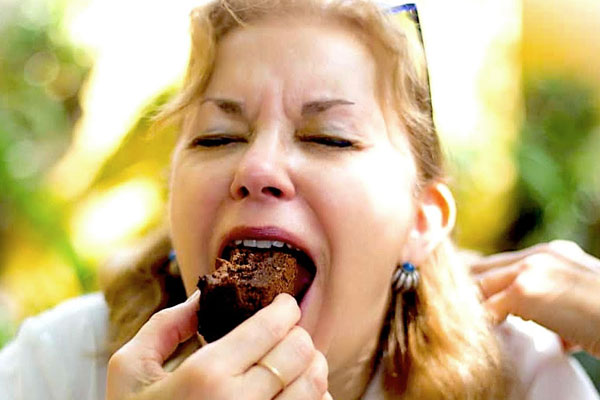IT’S NOT? –
June 6, 2024 – The concept of food addiction aligns with the neurobiological model of addiction, which illustrates that addictive substances hijack the brain’s reward system, leading to compulsive use and loss of control. Neural responses to highly palatable foods similar to responses to substances like cocaine and heroin. Moreover, individuals with food addiction often exhibit behavioral patterns
opens in a new tab or window consistent with addiction, such as tolerance (needing more of the substance to achieve the same reward), withdrawal symptoms (negative emotions or physical symptoms when cutting back), and continued use despite negative consequences (such as disordered eating, depression, or obesity-related health issues). These parallels underscore the urgent need to recognize food addiction as a legitimate psychiatric disorder deserving of research, public policy changes, clinical attention, and treatment.



